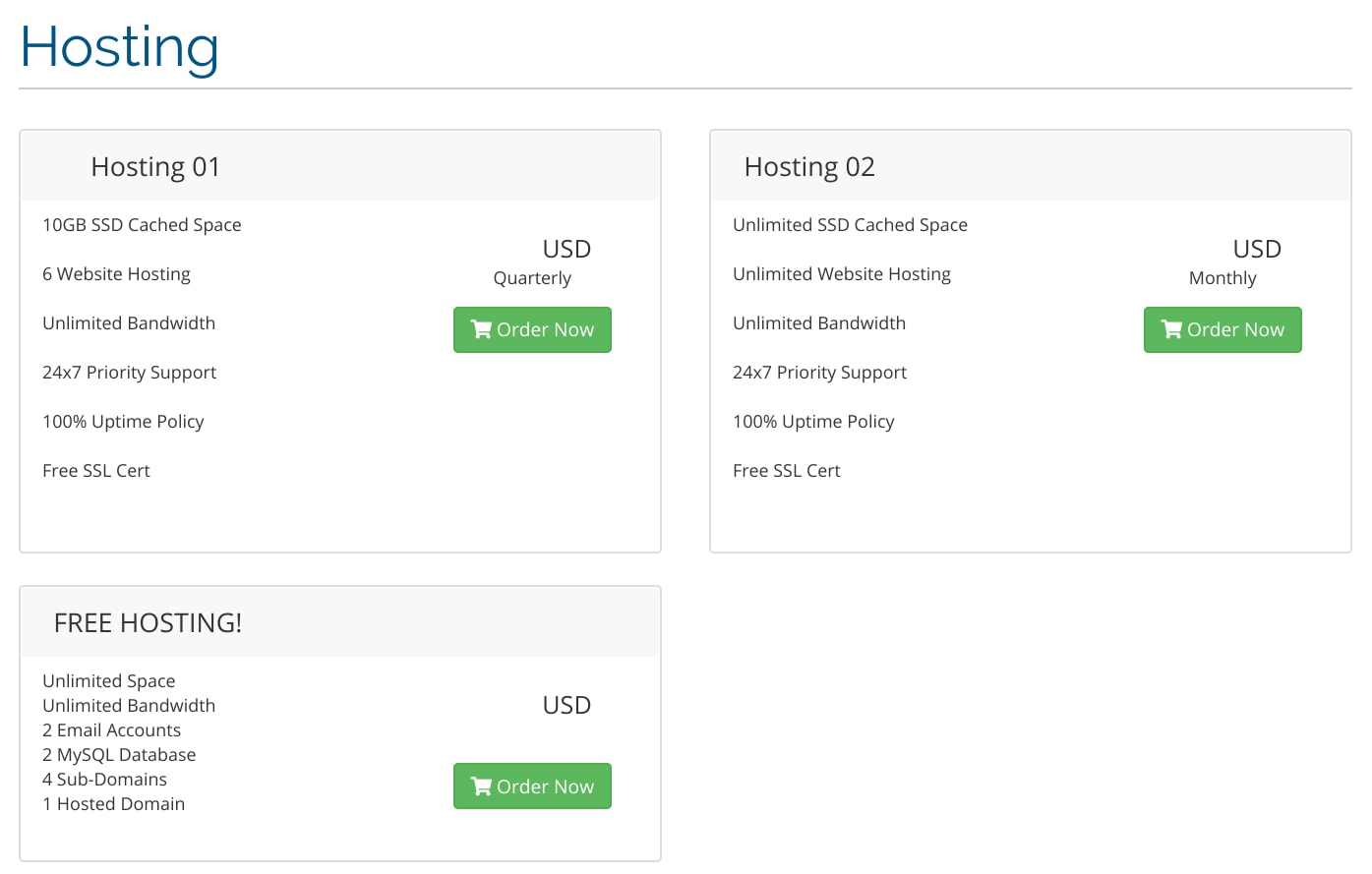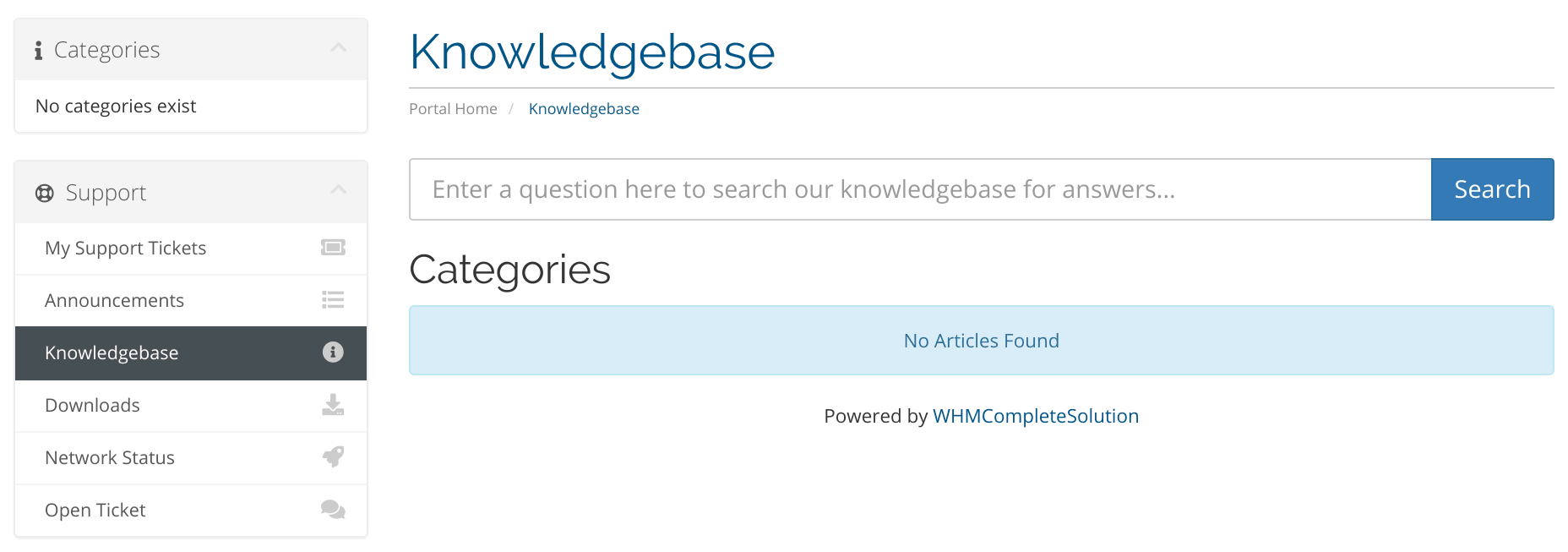Pink Networks is an enterprise hosting solutions provider with Tier 3 datacenter facilities in India, Germany, and Singapore. Although its English-language website doesn’t say when Pink Networks was established, I can tell you that its Facebook page was created in April 2019, so it looks like a relatively recent entrant to the hosting market.
This host offers dedicated servers, cloud VMs, colocation, private cloud, shared hosting, email services, and domain registration services.
Features and Ease of Use

It’s not obvious from Pink Networks’ main website, but the WHMCS-powered store pages — which you can get to by clicking the “buy now” button for any advertised service — allow you to purchase three shared hosting plans (one of which is free) and three cheap hosting plans (which have no advertised features). There are also four Linux KVM VPS, three managed dedicated servers, and 12 unmanaged dedicated servers (across four regions).
The two pay-for shared hosting plans provide you with:
- 100% uptime
- 10 GB to unlimited SSD cached space
- Six to unlimited hosted websites
- Unlimited bandwidth
- Free SSL certificate
The SSD cached storage space brings significant performance improvements, and the unlimited bandwidth means you don’t need to worry about exceeding your traffic allocation.
Pink Networks offers virtual servers with N+1 redundant network, redundant cooling, and redundant power to eliminate any possibility of a single point of failure. Our top-tier security protocols involve the monitoring of all network packets through four distinct security layers: human oversight, firewall protection, standard artificial intelligence, and heuristic AI.
All managed and unmanaged dedicated servers come with a 99.99% uptime SLA.
Pricing and Support
Pink Networks’ shared hosting plans are priced competitively. You can pay for them in Indian rupees or U.S. dollars via PayPal, on monthly, quarterly, semi-annual, or annual billing cycles (but it depends on which plan you pick). There is no money-back guarantee, as far as I can see.
The good news is that you should be able to summon 24/7 customer support — with a two-minute response time and a 12-hour resolution guarantee — by support ticket or pre-sales contact form. The not-so-good news is that my support ticket submission went unanswered, which may be because I’m only a pre-sales prospect customer.
Self-support resources are similarly disappointing because the knowledge base is bare:











